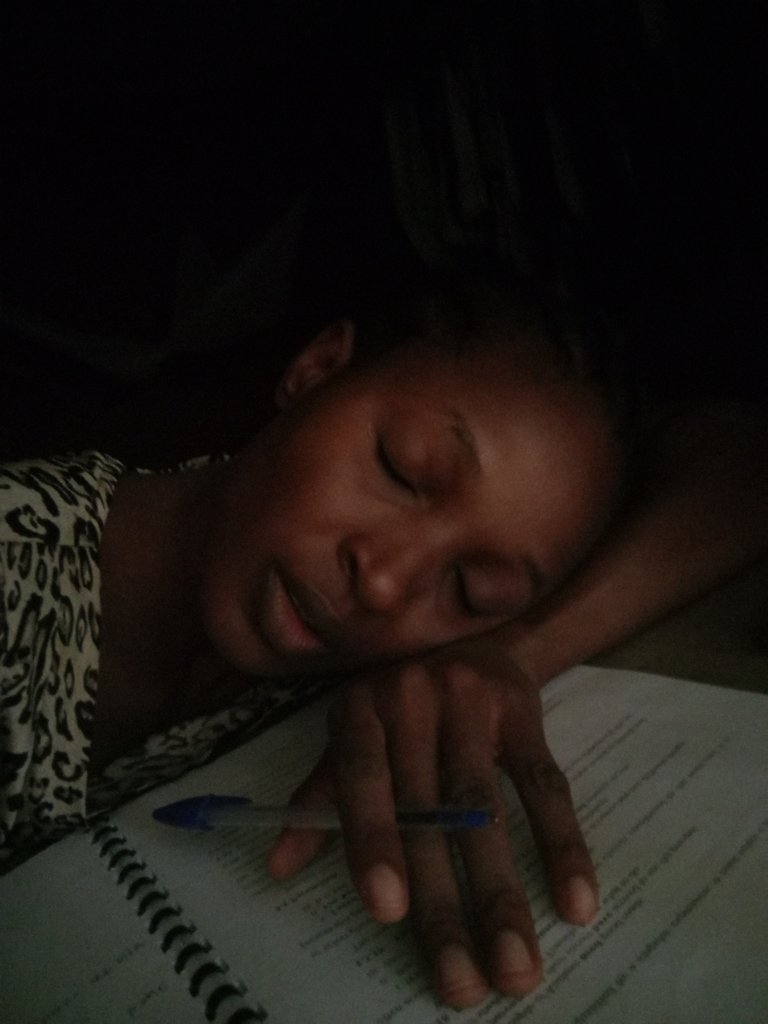
There are several activities people find challenging, but for me, the most uncomfortable thing to do is waking up at night to read. I’ve never been a nocturnal reader, and my attempts to become one have only made me more certain of it. While some people thrive reading under the moonlight, my brain simply shuts down the moment sleep comes.
I remember a time that made this very clear to me. It was during a holiday at my uncle’s house. He had a lovely home library, quiet, beautiful, and filled with books that made me excited at first glance. The problem wasn’t the library itself; I’ve always enjoyed reading books. The challenge came with the house rule: everyone, except him and his wife, was required to wake up at night and read. It didn’t matter if you were tired or not, if you stayed in his house, you read at night.
The first night, I followed the rule like everyone else. I opened my book and tried to read, but nothing made sense. I read the same line five times and still couldn’t understand what it meant. The letters danced before my sleepy eyes. I yawned, rubbed my face, and did anything to chase sleep away. But sleep always won.

My body was present in the library, but my mind was far away, floating in dreams I couldn’t resist.
Each night became a silent battle between my will and my body. I would fight to stay awake, only to find myself dozing off with the book still in my hand. When I woke up, I’d quietly close the book and return to bed, knowing full well that I had gained nothing from those forced hours.
By the final day of my stay, I was secretly overjoyed. Not because I didn’t enjoy my holiday, but because I could finally return to my normal reading schedule which was during the day or early evening. At least then, I could actually understand what I was reading and enjoy the experience.
But even though I still struggle with night reading, I’ve learned some lessons. First, I now understand that everyone has their natural rhythm. Some people are early people, while others function best at night. Fighting against your body clock can make learning frustrating.
To improve this situation, I’ve started using my most alert hours wisely. I also create short reading goals so I don’t feel pressured. If I must read at night, I take a nap during the day and use soft lights to reduce eye strain. I’ve also learned to say no when something doesn’t work for me, respectfully but firmly.
The truth is, growth doesn’t always mean forcing yourself to fit into someone else’s pattern. Sometimes, it means recognizing your limits and learning how to work with them. Night reading may never be my thing, and that’s okay. What matters is that I keep learning in my own way, and at my own time.
Thanks for reading
@ritaetim




